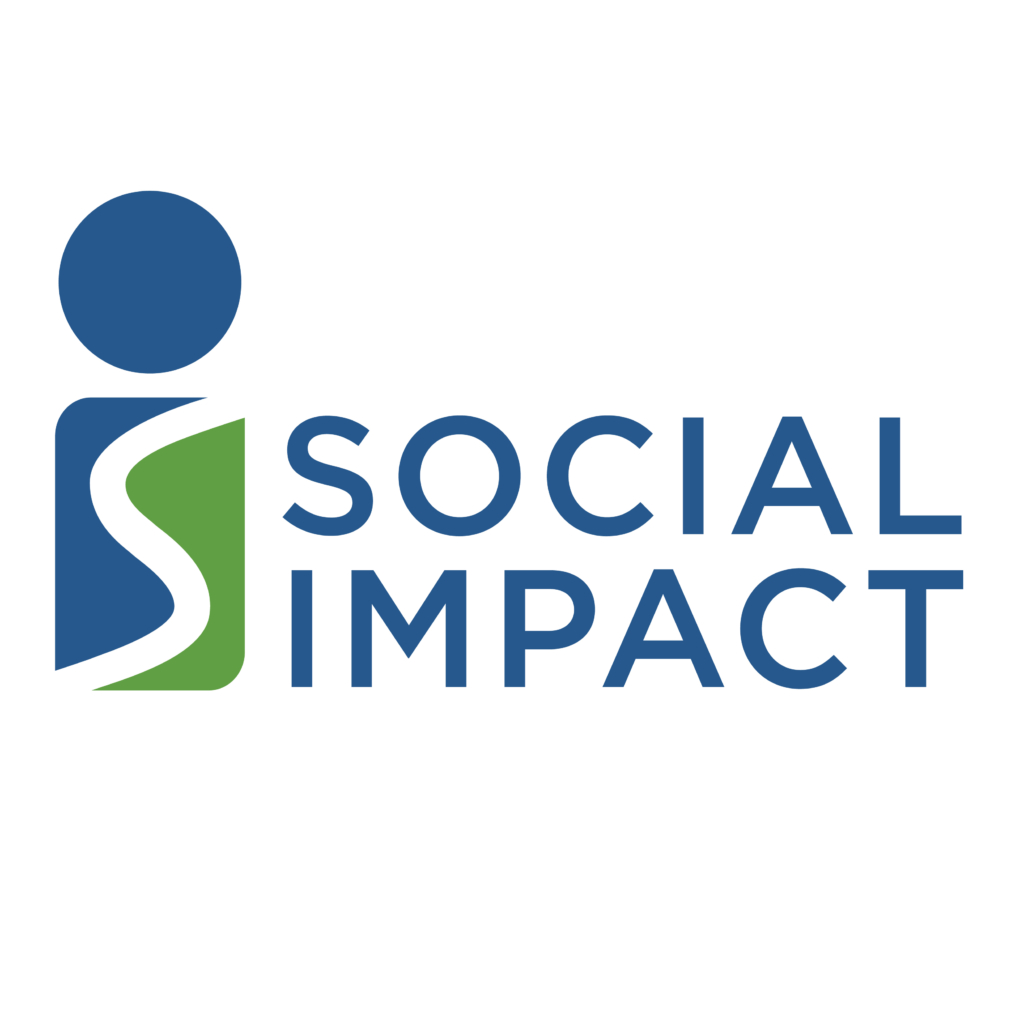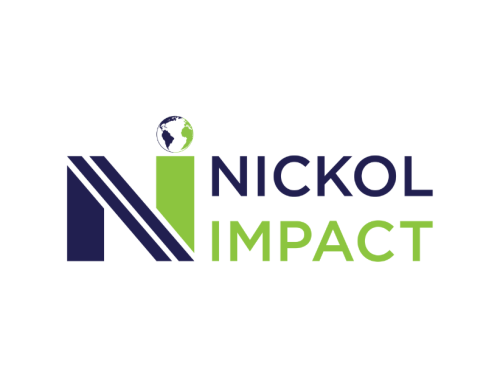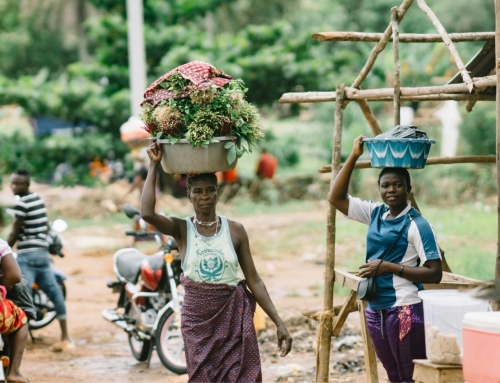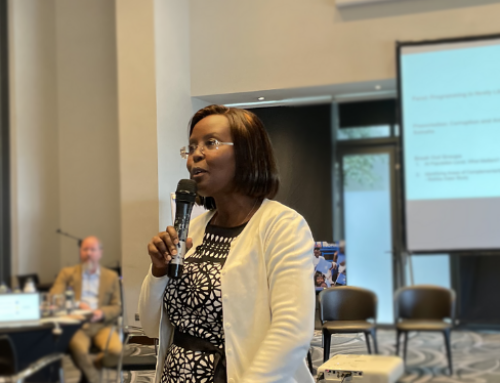From September 2014-September 2022, Social Impact (SI) provided critical monitoring, evaluation, and learning (MEL) and advisory services to USAID through the Asia Learning and M&E Support Indefinite Delivery, Indefinite Quantity (IDIQ) Contract. As the sole holder of the IDIQ, issued by the USAID Regional Development Mission in Asia (RDMA), SI supported USAID operating units (OUs) and key stakeholders throughout the Asia Region to:
1) Conduct monitoring and evaluation (M&E) technical services;
2) Conduct knowledge management and advisory services; and
3) Improve collaborating, learning, and adapting (CLA) capacity within USAID.
Highlights
Under the IDIQ, SI provided 161 services to 18 USAID OUs across 10 development sectors.
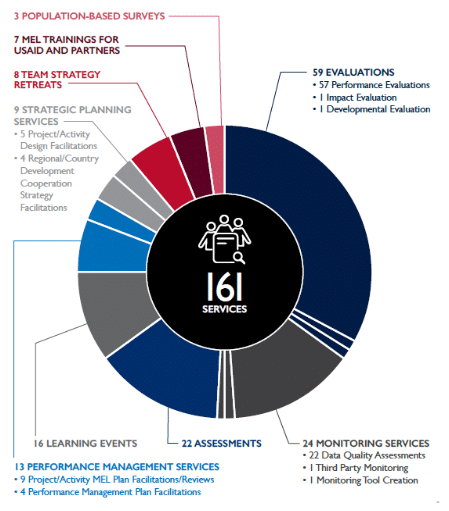 Source: USAID/RDMA Asia Learning and M&E Support IDIQ
Source: USAID/RDMA Asia Learning and M&E Support IDIQ
Services such as co-creation workshops for project/activity designs and associated MEL plans helped OUs meaningfully engage with local stakeholders and integrate their diverse perspectives into USAID programming. SI implemented novel approaches such as a Developmental Evaluation of the USAID Jalin Project in Indonesia and a Baseline Evaluation of the USAID Okard Activity in Lao PDR. In addition, SI and USAID’s work designing and implementing participatory stakeholder workshops as part of a Performance Evaluation was a 2022 USAID CLA Case Study Competition winner.
The IDIQ was unique in that it was one of the first USAID IDIQs to include contractual provisions requiring the promotion of gender integration in all work. SI helped champion USAID’s Gender Equality and Women’s Empowerment Policy by including Gender Specialists on implementing teams, discussing the importance of gender integration with OUs, and suggesting the use of gender-aware evaluation questions and research topics in statements of work (SOWs) whenever possible.
What We Learned
SI’s implementation of the IDIQ yielded several learnings for effective IDIQ management and high-quality service delivery, such as:
- Involved IDIQ management increased quality. Frequent and open communication between the IDIQ’s Contracting Officer’s Representative (COR) and SI’s IDIQ management team allowed both parties to promptly provide feedback to each other and facilitate knowledge sharing across implementing teams to promote adaptation and improve service delivery.
- Recurring buy-ins from the same OU allowed for continued engagement and learning. Services that built on one another ensured learnings in one service were applied in the follow-on service. The continued engagement also enabled SI to develop a better understanding of OUs’ needs and operating contexts and deliver more effective products.
- Early engagement helped align expectations and reduce risk. When given sufficient lead time, SI could review draft SOWs and begin sourcing technical candidates in advance, leading to better scopes, team compositions, timelines, and budgets. For services such as Impact Evaluations and Population-Based Surveys in particular, early engagement and sufficient time for planning increased the ability to understand key stakeholders’ interests, refine the approach, coordinate logistics, procure local data collection partners, receive local government approvals, and maintain quality assurance.
- Strong local partners enhanced the relevance and appropriateness of MEL services. SI regularly included local MEL professionals and organizations in assignments. These partners provided sectoral, contextual, and methodological expertise; facilitated close collaboration with key partners in country; and guided teams through required local permissions and approvals.
Read more about SI and RDMA’s 8-year MEL partnership in the following brief: https://pdf.usaid.gov/pdf_docs/PA00ZMJK.pdf
About the Author:
JC Kollmorgen is a Director of Strategy, Performance, and Learning at Social Impact. She led and managed several technical assignments under the Asia Learning and M&E Support IDIQ and served as the IDIQ Director from 2020-2022. She brings over 15 years of experience supporting U.S. government agencies and private foundations with strategic planning, results-based management, and performance evaluations.
Photo by: USAID Asia

